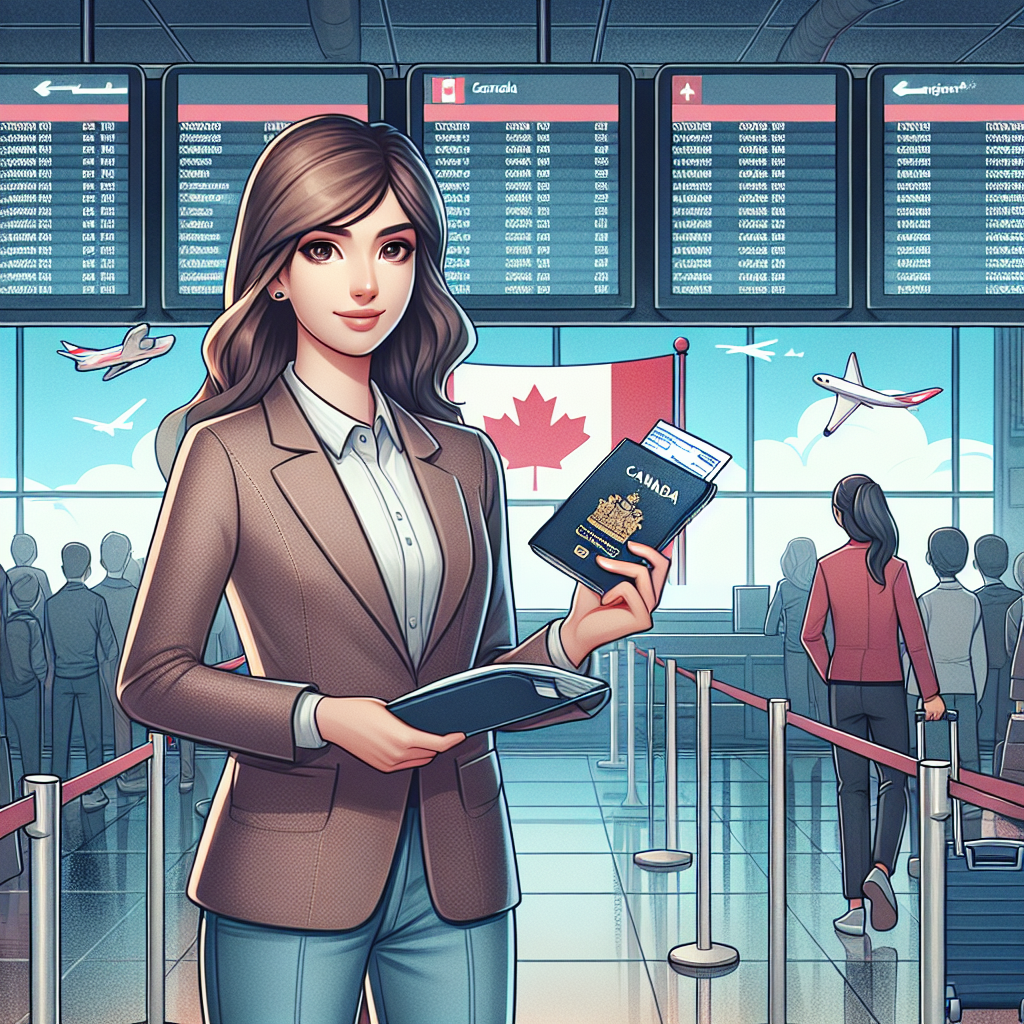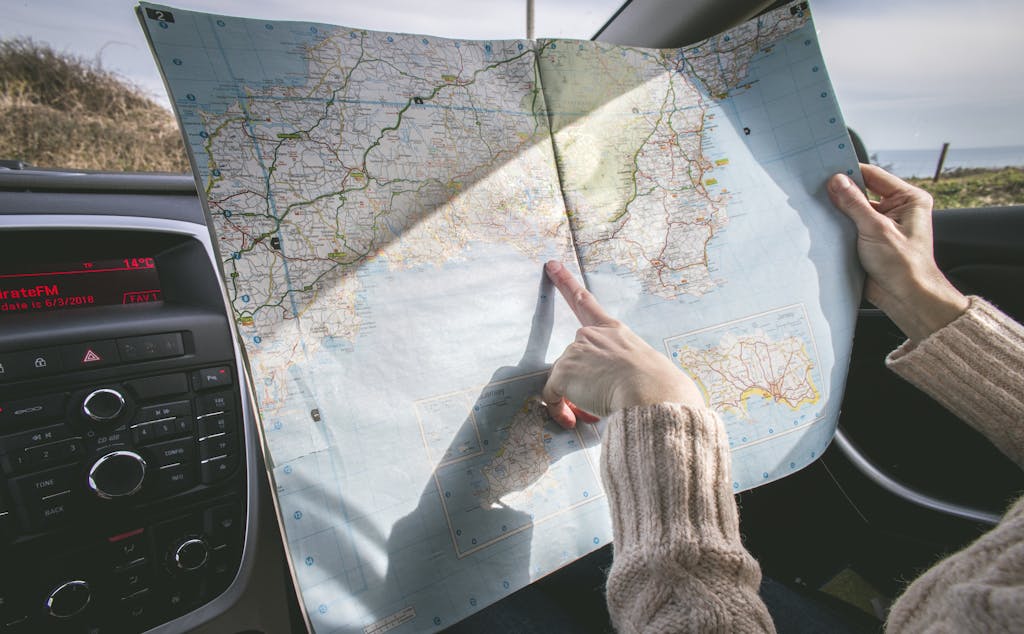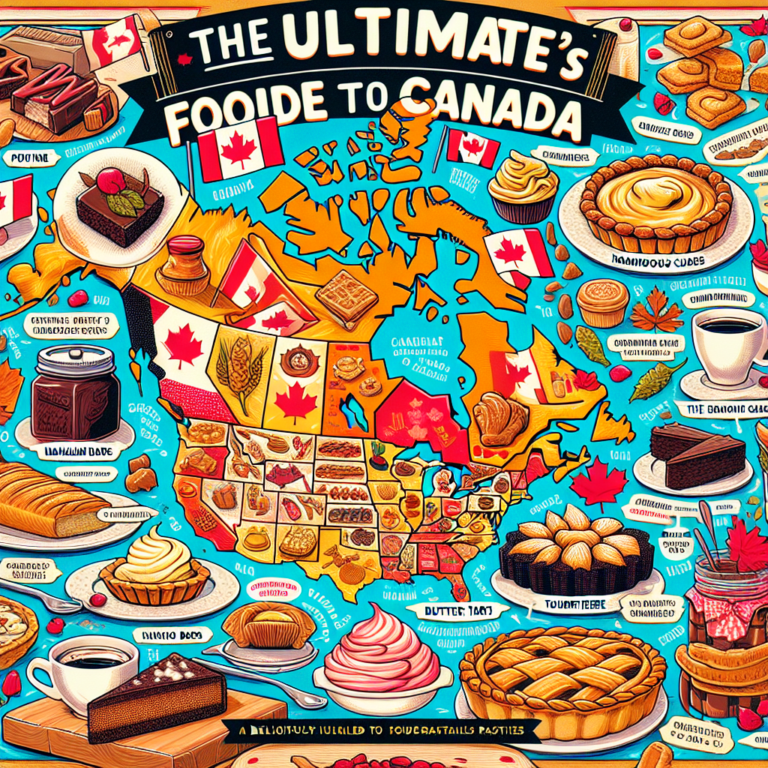New Requirements for Traveling to Canada
Canada’s stunning landscapes and vibrant cities attract millions of visitors each year. However, like many countries, Canada has updated its travel requirements in response to various global events and the evolving nature of international travel. Whether you’re planning a trip to the snowy peaks of the Rockies or the bustling streets of Toronto, staying informed about the latest entry requirements is crucial. This comprehensive guide breaks down the new processes you need to follow when traveling to Canada.
Understanding the Updated Canada Travel Process

In recent years, the Canadian government has introduced new measures to ensure the safety and security of both travelers and residents. These changes have a significant impact on how tourists, business travelers, and even returning Canadians plan their trips. It’s important to note that these requirements are subject to change, so always check the official Canadian immigration or tourism websites for the most up-to-date information before your trip.
Pre-Arrival: Electronic Travel Authorization (eTA) and Visas
The Canadian government has implemented an Electronic Travel Authorization (eTA) for visa-exempt foreign nationals traveling to or transiting through Canada by air. This authorization is electronically linked to your passport and is valid for five years or until your passport expires, whichever comes first.
Travelers from countries that are not visa-exempt will still need to apply for a visitor visa. The process for obtaining a visa or eTA should be initiated well in advance of your travel dates to ensure there are no delays.
Health and Safety Protocols
In light of global health concerns, Canada may require travelers to undergo health screenings, provide proof of vaccinations, or adhere to quarantine guidelines upon arrival. Be sure to check the latest travel advisories and requirements related to health and safety protocols before you depart.
Key Documents You Need When Traveling to Canada
Passport and Identification
A valid passport is mandatory for all travelers entering Canada. Ensure your passport is up to date and will not expire during your trip. Depending on your country of origin and the type of travel document you possess, additional identification such as a National ID card may also be required.
Travel Insurance
While not always mandatory, travel insurance is highly recommended when visiting Canada. Medical treatment can be expensive, and having insurance can provide peace of mind and financial protection in case of emergencies.
Proof of Financial Support
Travelers may be asked to provide evidence of sufficient funds to support their stay in Canada. This could include bank statements, credit cards, or a letter of invitation from someone who will be financially supporting you during your visit.
Traveling with Minors
If you’re traveling with children, there are additional considerations to keep in mind. For example, minors need their own passport and may need additional documentation if traveling with one parent, with a guardian, or alone.
Consent Letters for Children Traveling Without Both Parents
A consent letter is recommended when a child is traveling without both parents or legal guardians. This letter should be signed by the non-traveling parent(s) or guardian(s) and may need to be notarized depending on the requirements at the time of travel.
Arriving in Canada: What to Expect at the Border
Upon arrival, you’ll interact with the Canada Border Services Agency (CBSA). Be prepared to show your travel documents and answer questions about your visit.
Declaration Card
All travelers are required to complete a Declaration Card, which will be provided to you by your airline or at the border. It’s important to fill this out accurately to avoid delays at customs.
CBSA Interview
A CBSA officer will ask you questions about your visit, including the purpose, duration, and where you will be staying. Be honest and direct in your responses. If you are traveling for business, be prepared to provide additional details about your activities.
Exploring Canada: Regulations During Your Stay
Provincial and Territorial Regulations
Canada is made up of provinces and territories, each with its own laws and regulations. Familiarize yourself with the local rules of the area you are visiting, especially concerning health and safety, transportation, and alcohol consumption.
Protecting Canada’s Environment
Canada is known for its natural beauty, and there are strict regulations in place to protect its environment. Follow all guidelines regarding wildlife interaction, waste disposal, and preservation of national parks and historic sites.
Departing Canada: End of Your Journey
When it’s time to leave, make sure you have all your travel documents in order and adhere to any departure requirements, which may include paying an airport improvement fee at some airports.
Frequently Asked Questions (FAQs)
Do I need a COVID-19 vaccination to enter Canada?
As of the knowledge cutoff date, COVID-19 vaccination requirements are subject to change. Always check the latest government advisories before traveling.
Can I work or study in Canada as a tourist?
No, you cannot work or study in Canada with a tourist visa or eTA. If you wish to work or study, you will need to apply for the appropriate permits.
How long can I stay in Canada as a visitor?
Most visitors can stay in Canada for up to six months. The duration of your stay will be determined by the CBSA officer upon arrival and indicated in your passport.
What if my passport expires while I’m in Canada?
If your passport expires while you’re in Canada, you could face difficulties. Renew your passport before you travel, or if necessary, contact your country’s embassy or consulate in Canada for assistance.
Conclusion
Traveling to Canada requires careful preparation and an understanding of the new requirements. By following the updated travel process, you can ensure a smooth and enjoyable visit to this beautiful country. Remember to check for any updates before you travel, as regulations can change. Safe travels and enjoy your Canadian adventure!









